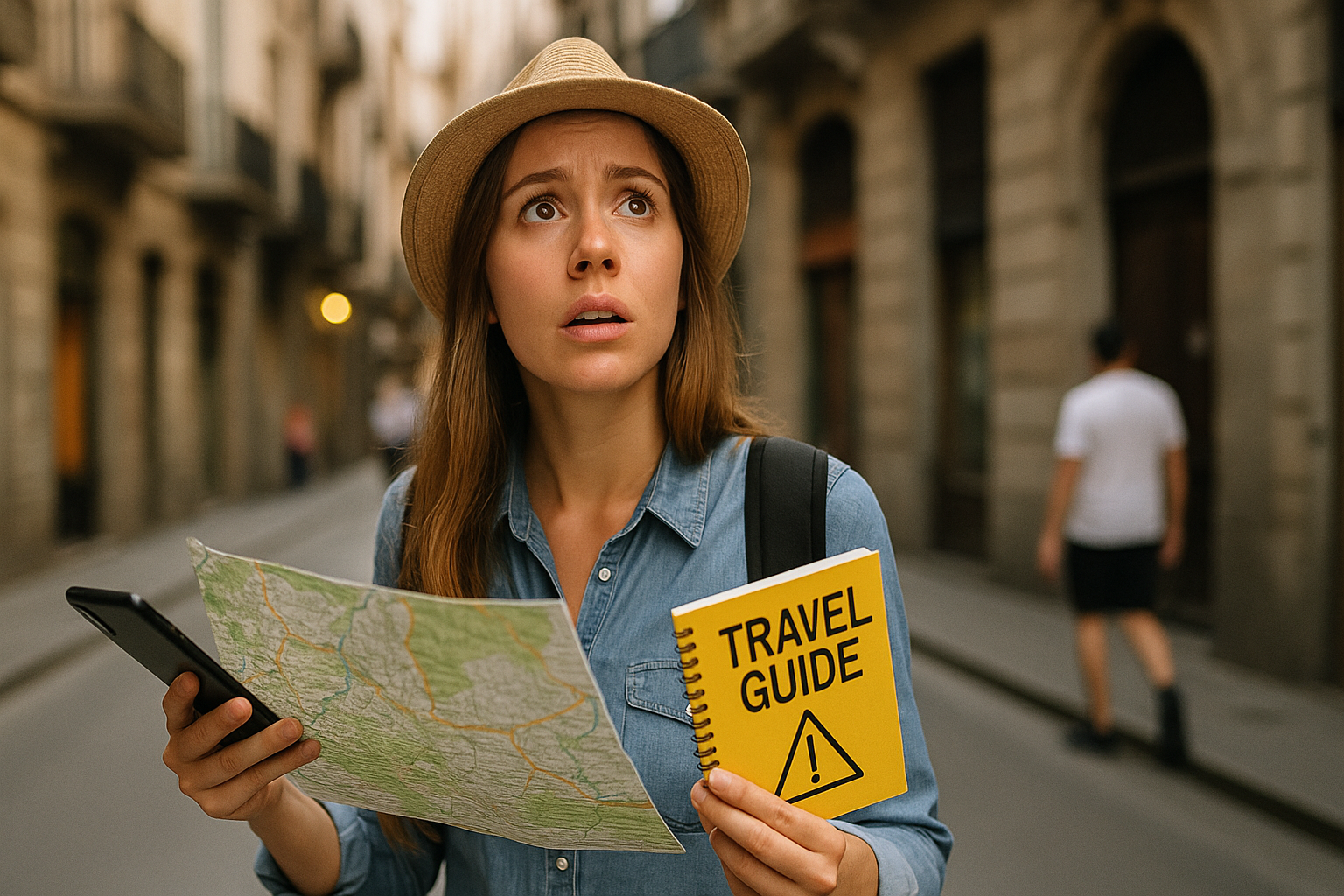Traveling abroad is one of the most enriching experiences you can have — but it also comes with unique challenges, especially if it’s your first time. From cultural misunderstandings to logistical slip-ups, many common travel mishaps can be avoided with a little preparation. In this article, we’ll go over practical steps to help you steer clear of the most frequent travel mistakes and make your international trip smooth and enjoyable.
1. Don’t Skip Travel Insurance
One of the most common (and costly) mistakes new travelers make is not buying travel insurance. Medical emergencies, lost luggage, or canceled flights can happen to anyone — and the expenses can add up fast without coverage.
- Choose a policy that includes health, trip delays, theft, and cancellations.
- Compare options on sites like World Nomads, SafetyWing, or InsureMyTrip.
- Always read the fine print and understand what is and isn’t covered.
2. Check Entry Requirements Well in Advance
Every country has its own visa policies, health rules, and entry requirements. Ignoring these details can get you denied at the border.
- Do you need a visa? Some countries require one even for short stays.
- Do you need proof of vaccination (like yellow fever or COVID-19)?
- Does your passport have at least 6 months of validity and blank pages?
Check official government travel sites or the embassy of your destination for accurate info.
3. Avoid Overpacking
First-time travelers often bring way more than they need — which makes moving around more difficult and increases airline fees.
- Stick to a carry-on if possible.
- Pack versatile clothes you can mix and match.
- Leave room for souvenirs or purchases made during the trip.
Tip: Lay out everything you plan to bring, then remove one-third of it. You won’t miss it.
4. Don’t Exchange Money at the Airport
Currency exchange counters at the airport often offer the worst rates.
- Instead, withdraw cash from an ATM using a debit card with no foreign transaction fees.
- Use digital payment apps like Wise or Revolut to hold multiple currencies.
- Notify your bank in advance that you’re traveling to avoid card blocks.
5. Don’t Rely Only on Card or Only on Cash
Having only one form of payment can leave you stranded if your card gets blocked or you lose your wallet.
- Carry a mix of local currency and at least two cards (credit + debit).
- Keep them in separate places — one in your wallet, the other in your luggage.
- Use contactless payments where accepted, but don’t assume they’ll work everywhere.
6. Watch Out for Scams and Tourist Traps
Tourists are easy targets in some areas. Being aware of common scams can help you avoid them.
- Don’t accept unsolicited help with bags, ATMs, or directions.
- Be cautious with “too good to be true” offers.
- Avoid taxis without meters or drivers who refuse to turn them on.
Read up on travel forums like Reddit or TripAdvisor for specific scams in your destination.
7. Learn Basic Local Phrases
Even learning a few key phrases in the local language can go a long way in avoiding confusion and showing respect.
Start with:
- Hello / Thank you / Please
- Where is…? / How much?
- I don’t speak [language]. Do you speak English?
Apps like Duolingo or Google Translate can help while on the go.
8. Don’t Over-Schedule Your Itinerary
Packing your schedule with too many activities can lead to burnout, delays, or missing out on spontaneous moments.
- Limit yourself to 2–3 major activities per day.
- Leave room for rest or last-minute discoveries.
- Allow extra time for getting lost (which might lead to some of the best experiences).
Travel is not a checklist — it’s about the journey.
9. Know the Local Transportation System
Getting around in a new city can be confusing if you’re not prepared.
- Research how public transit works: subway cards, timetables, apps.
- Download offline maps on Google Maps or Maps.me.
- Have a basic idea of how taxis or rideshares operate in the country.
Bonus tip: Know the name and address of your hotel in the local language.
10. Don’t Forget to Back Up Your Important Documents
Losing your passport or getting pickpocketed abroad can quickly become a nightmare — unless you’ve prepared.
- Make digital copies of your passport, visa, insurance, and ID.
- Store them in a secure cloud drive (Google Drive, Dropbox).
- Also carry a printed copy in your luggage.
Travel Smarter, Stress Less
Your first international trip doesn’t have to be filled with mistakes. With a little planning and awareness, you can avoid common mishaps and enjoy every step of your journey. Remember: preparation leads to peace of mind, and peace of mind leads to better travel memories.
